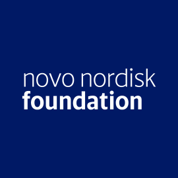TARGETS for sustainable antimicrobial design
Antimicrobial resistance (AMR) is a major global challenge due to the limitations of traditional antibiotic discovery methods and the rapid emergence of resistant bacterial strains. Conventional approaches often use high-throughput chemical screening without understanding molecular targets, leading to a narrow range of effective treatments. The quick development of resistance mutations worsens the crisis. To combat this, we need innovative strategies to identify new targets and develop sustainable antimicrobials to keep up with resistance mechanisms.
This project proposes a biology-driven approach to discovering new antimicrobials by utilizing bacteriophages, viruses that infect bacteria, to identify novel bacterial targets. Bacteriophages hijack bacterial metabolism during infection by using early-expressed proteins interacting with essential bacterial components, such as proteins, membranes, DNA, and RNA. By leveraging a unique collection of phages infecting Extended-spectrum beta-lactamase-producing E. coli, this project aims to identify key phage proteins, reveal a variety of bacterial targets, and elucidate the structural mechanisms behind these interactions. This approach will utilize the co-evolution of billions of years of phage bacteria to help develop sustainable antimicrobials and address the growing antimicrobial resistance crisis.
 The Novo Nordisk Foundation supports this project.
The Novo Nordisk Foundation supports this project.
For more information, please contact Professor Lone Brøndsted lobr@sund.ku.dk
